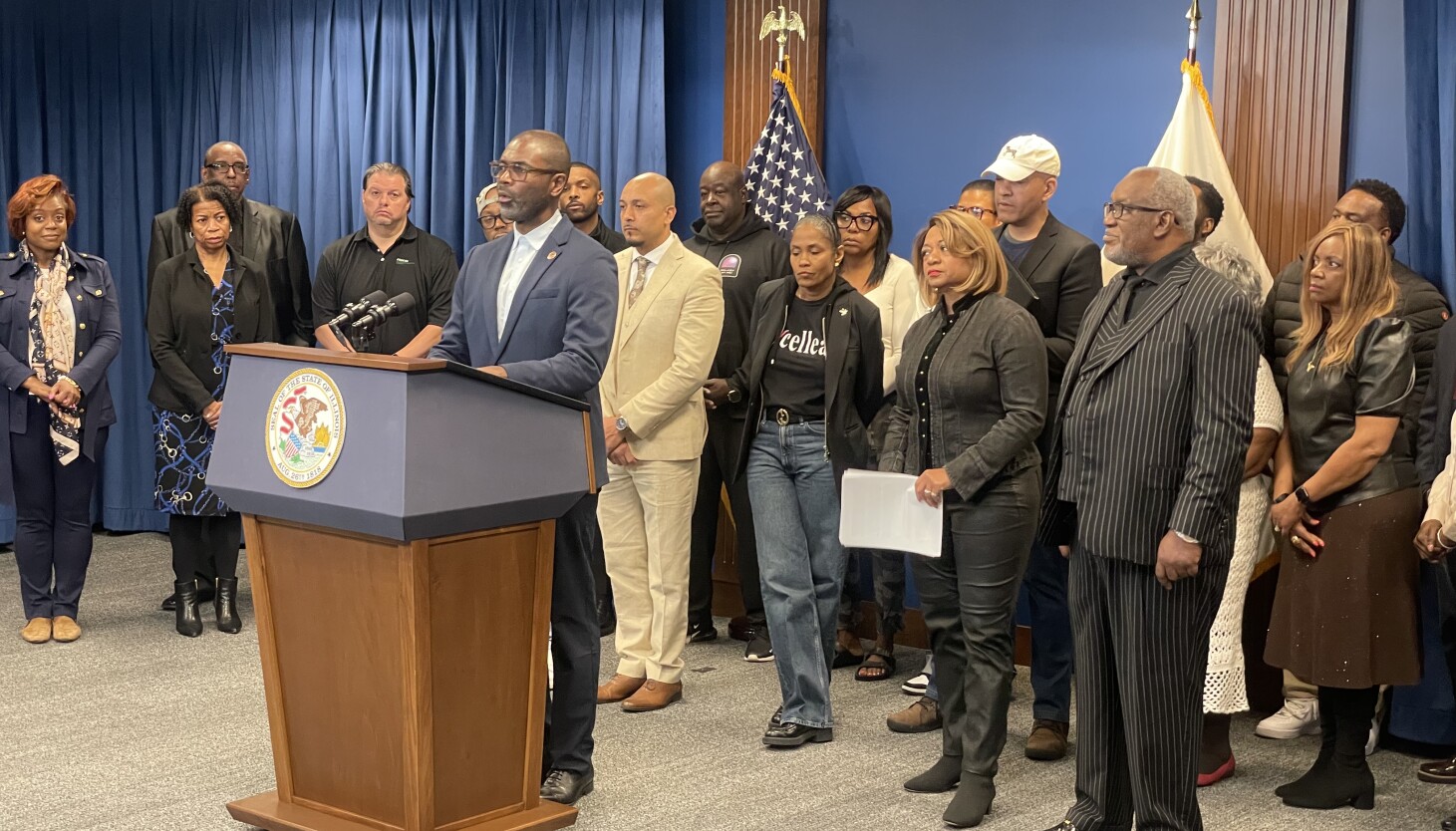Cannabis Crusaders: Local Entrepreneurs and Lawmaker Demand Regulatory Overhaul

In a powerful demonstration of solidarity, State Representative La Shawn Ford united with local business owners on Sunday to advocate for comprehensive cannabis law reforms. The group passionately called on state lawmakers to create a more equitable landscape for social equity licensees in both the recreational and medical cannabis markets.
Rep. Ford and his coalition are pushing for meaningful changes that would level the playing field, ensuring that minority-owned businesses have fair opportunities to compete and thrive in the rapidly evolving cannabis industry. Their collective voice highlights the ongoing challenges faced by social equity entrepreneurs and demands legislative action to address systemic barriers.
By championing these reforms, the group aims to transform the cannabis sector into a more inclusive and accessible marketplace that provides genuine economic opportunities for communities historically marginalized in the industry.
